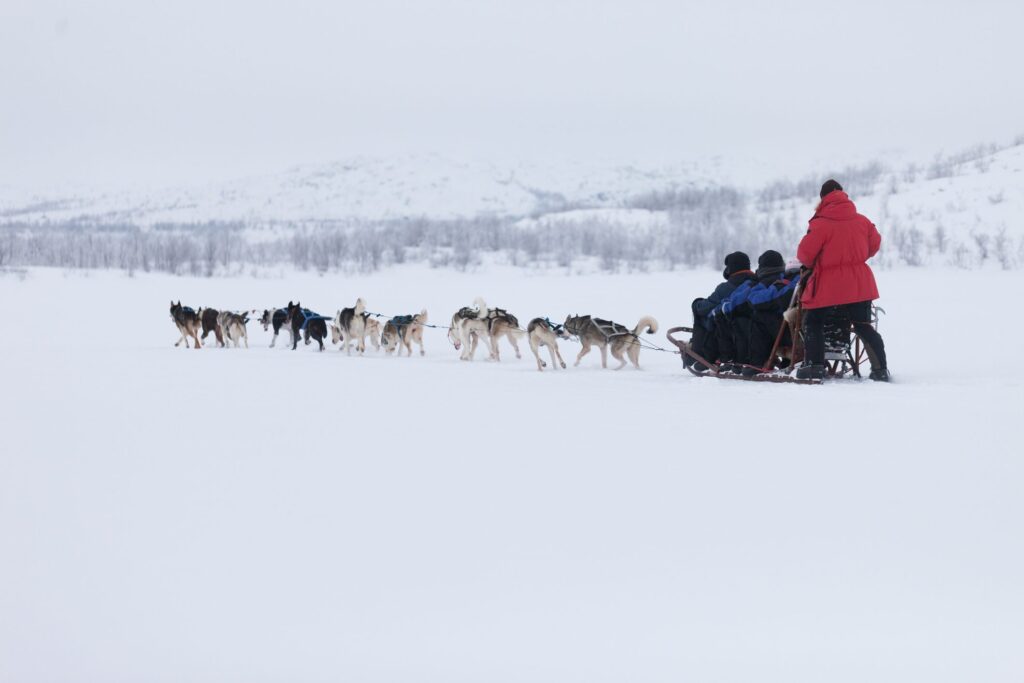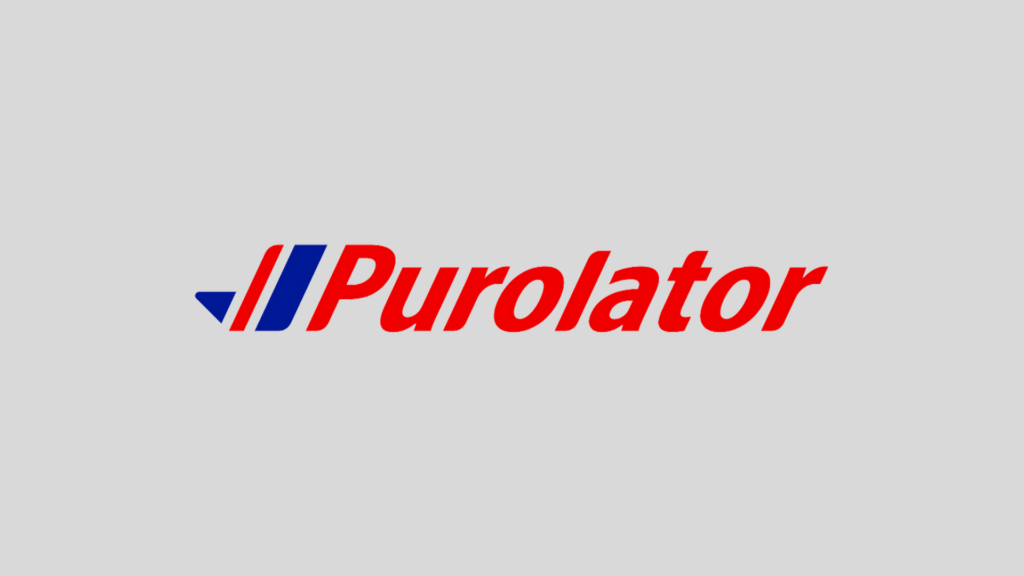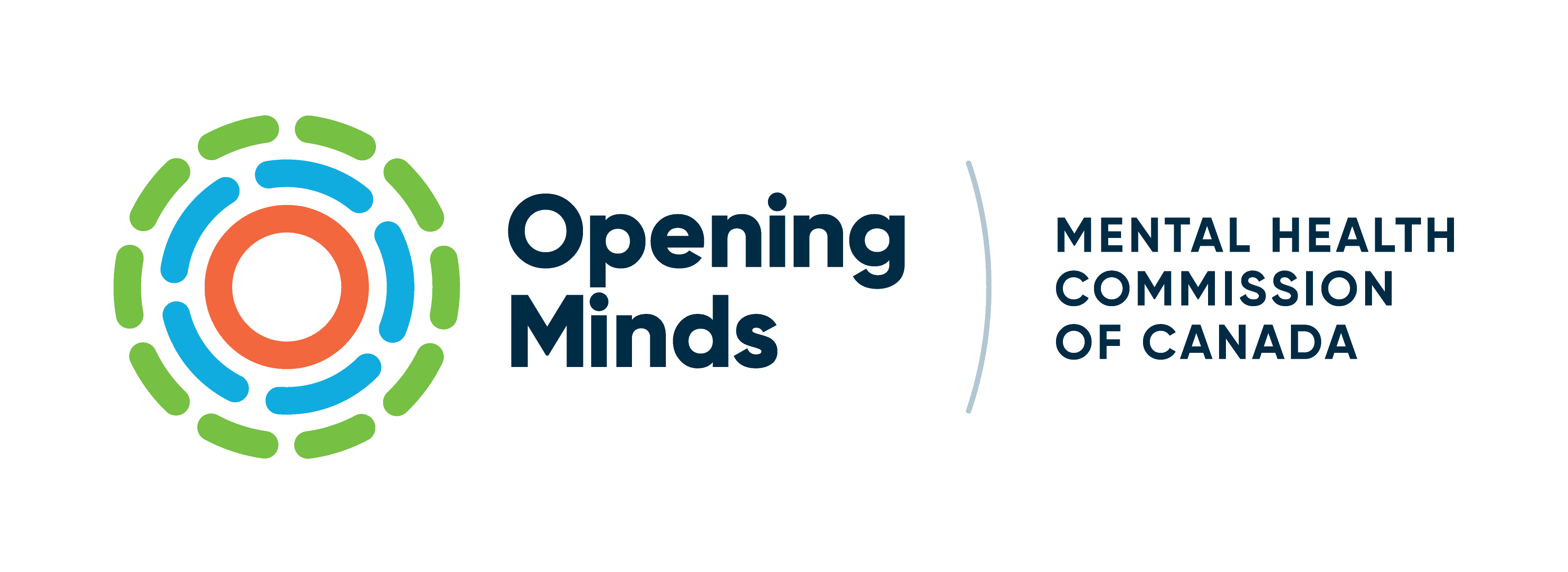Mental Health First Aid - Inuit
MHFA Inuit is a course designed by Inuit, for Inuit and for those who work with Inuit.
Mental Health First Aid (MHFA) Inuit is a course designed by Inuit, for Inuit and for those who work with Inuit. The three-day course encourages people across Inuit Nunangat to have conversations about mental wellness with family, friends, and colleagues. Addressing the stigma associated with mental health and wellness can be challenging, MHFA Inuit provides a foundation from which participants have an opportunity to learn from their own people in a culturally safe, and competent environment.
MHFA Inuit is delivered by two facilitators to ensure cultural competency. Namely:
- Inuit Nunangat is made up of unique communities with majority Inuit populations
- Community supports are different in each region
- Inuit realities, culture and language can vary depending on community and region
Course model
In the MHFA course, you will gain a solid understanding of the 5 basic actions of ALGEE:
Assess the risk of suicide and/or harm
Listen non-judgmentally
Give reassurance
Encourage professional support
Encourage other supports
ALGEE is the framework for having a confident conversation about mental health with family, friends, colleagues, and strangers
This 3-day course opens with a self-directed module (Module 1) that focuses on the information and strategies that participants will discuss and practice throughout the virtual classroom modules (Modules 2 and 3). Course participants are required to complete Module 1 before participating in Module 2 and 3.
Upon registration, participants will receive the “MHFA Participant Reference Guide” that outlines MHFA actions for developing mental health and substance use problems, and mental health and substance use crises.

Crisis first aid skills learned
- Substance overdose
- Suicidal behaviour
- Panic attack
- Acute stress reaction
- Psychotic episode
UPCOMING COURSES ACROSS CANADA
Interested in mental wellness training?
We have upcoming courses fit for your needs and in formats that work with your life.
Search our courses
Looking for more information before making a decision?
Our Impact at Work

Latest News

